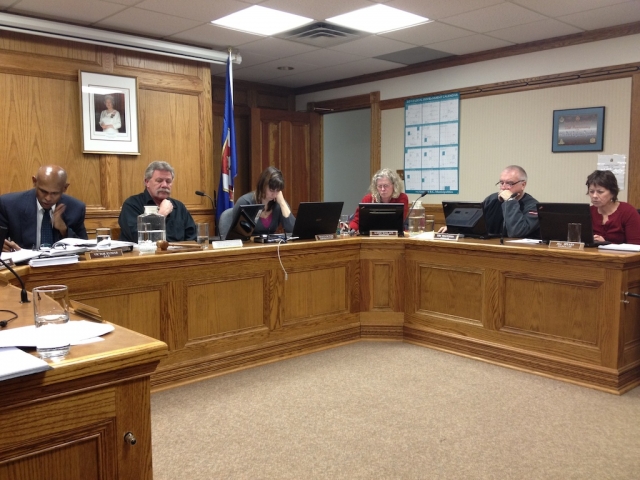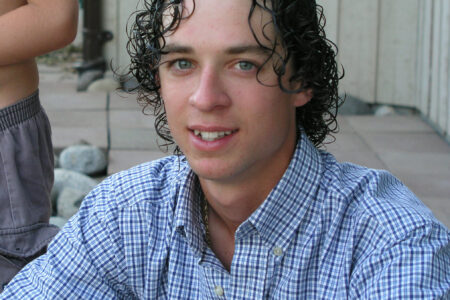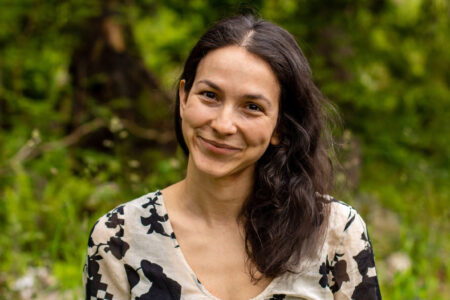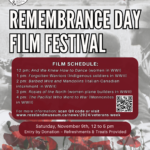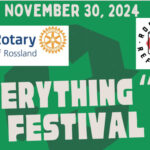Community groups receive full funding from council
With two exceptions, Monday evening’s committee-of-the-whole recommended that council grant all the requests for funding they received from community groups for 2012. Some $448,400 will be given to 16 community groups and two municipal programs this year through in kind services, waived fees, supplies, utility expenses, and cash.
Mayor Greg Granstrom and Coun. Cary Fisher opposed the recommendation as they had hoped to cut some funding. Coun. Jody Blomme was absent, so the recommendations passed 4-2 in support.
“I hope council doesn’t lose sight of the fact that we’re shooting for a zero percent operating increase,” Granstrom said. “If it comes down to hard services over soft services, there’s no question that these soft services have more room to move than public works has to move.”
Fisher lauded “amazing” volunteer efforts, but said total funding for community groups “should remain the same as last year.” (By our addition, including the exceptions noted below, the total amount pledged for 2012 is $4133 less than the amount pledged in 2011.)
The two exceptions were a request from RSS for $5000 towards a van, now denied, and a reduction of $6000 in waived rental fees to the Gold Fever Follies.
Coun. Jill Spearn said, “I think there’s great justification for most of these [requests]. I was a little concerned about RSS requesting a donation from the municipality to buy a van, not because I’m opposed to that—other than some of those 16-passenger vans have been banned in Ontario and other areas for safety reasons—but I don’t think this is a municipal responsibility.”
Spearn recognized that reductions in provincial funding for education made it necessary for many schools to rent vans, at significant expense, to get students to events. “I hope [RSS] can go out and raise money for their van, if that’s what they need,” she said, “but if we start giving money to schools I think we’re crossing boundaries a little bit.”
The $6000 to the Follies “wasn’t even real money,” several councillors noted, but was a portion of a rough estimate of $11,700 lost to the city when the Miners’ Hall cannot be rented over the summer when the Follies use it. This summer, however, lost revenue was recalculated to be only $4500, so council agreed it made sense to reduce the Follies’ “funding” to $5700.
Coun. Kathy Moore said this reduction “doesn’t really matter” because it’s only a potential loss unless someone actually wants to rent the Miners’ Hall but can’t. “It adds into the total and makes it look like we’re giving all this support [with] a higher number,” Moore said.
Moore asserted that much of the money spent on community groups comes right back to the city in terms of upkeep and repairs to city property. She gave the example of the tennis society, which has received $8500 in funding, up $100 from last year. Only $2200 is for operations and utilities, $5000 will go into a capital reserve to resurface the court in a few years, and $1300 will cover routine maintenance.
“We own the tennis court. That’s our land,” Moore explained. “We’re giving money to ourselves.”
“About 9 per cent of the grant monies that we give [these groups] goes towards maintenance,” she said. “It’s not actually a huge amount of money that we’re giving to our community groups. I think we should celebrate our volunteers and keep the level of support for them.”
Two community groups requested less funding than in 2011, notably the Sustainability Commission (SC). Last year the SC was the only organization to receive less than their request—they asked for $61,000 but were granted $45,000. This year the SC requested $40,000.
Spearn said, “The [SC] has proven their leverage of funding,” referring to the many additional funds and programs the SC has brought to the city. Moore also noted that the SC works on many tasks, mostly with volunteer effort, that the city would normally have to do itself.
The Heritage Commission requested $5400 this year, down from $7000. To date, however, they have only used $1400 of the 2011 grant.
Several groups increased their funding requests relative to 2011. The Rossland Historical Museum Society increased their request from $50,000 to $55,000. About $17,000 will go towards maintenance, insurance, taxes, and utilities, and $10,000 is allocated for capital costs. The $28,000 budgeted for operating expenses has increased by $5000 so the volunteer board will be able to open the museum for two days a week during the winter months.
Neighbourhoods of Learning have carried forward more than $7000 in unused funds from last year—part of a $10,000 grant from School District No. 20—and they have requested an additional $15,000, up from $10,000 last year. Spearn said, “I think [the NOL funding] is about sustainability for our community and keeping our schools K-12.”
The Rossland Public Library was granted $132,500, up from $124,000 last year. Some $2000 of the increase will go towards the operating budget and $6500 will be spent to replace the furnace and air conditioning.
Coun. Tim Thatcher asked about the new status of the Rossland Swimming Pool Society as part of the city and the $40,900 pledged to the society. “Are we just giving that back to ourselves?” he asked.
CAO Victor Kumar replied, “We still have to run the society,” and finance manager Deb Timm pointed out that the majority of the expense is for pool maintenance. Last year $58,183 was spent, more than $17,000 over budget. The staff report explained the discrepancy as “extra building maintenance … partially funded by the Pool Society.”
Moore recommended the city increase the recreation financial assistance program from $20,000 to $35,000, but council rejected this option. This program is used to subsidize children, seniors, and special needs users of the Trail Aquatic and Leisure Centre (TALC) to compensate them for the double-fee levied on Rosslanders ever since Rossland and Trail failed to reach a recreation agreement. Last year only $12,000 of the $20,000 was used, but council is currently weighing options to expand the program to make all Rosslanders eligible.
Granstrom reflected the general mood in council: “I’m not in favour of increasing that to $35,000 until we know where we’re going with [program expansion.]”
Granstrom raised the topic of cutting funding to the Kootenay-Columbia Trail Society [KCTS]: “They’re getting $11,000 already. With another $19,000, that’s $30,000. I think we need to consider these numbers if we’re going to task these operations with efficiencies.”
Coun. Kathy Wallace pointed out that the KCTS received $65,000 from the Regional District of Kootenay Boundary (RDKB) in large part because of Rossland’s financial support for the KCTS. “If Rossland reduced this, given that most of the trails are around Rossland, that may have an impact on the east end stakeholders [and regional KCTS funding.]
Spearn said, “I have always supported [KCTS] for many reasons. Economically, Tourism Rossland has proven more and more people have come here to experience our trails, and not just bikers.”
Tourism Rossland and the Chamber of Commerce will both receive the same amount as last year, $30,000 and $41,400, respectively. Coun. Tim Thatcher asked if these groups’ recent proposal to find new efficiencies through a potential merger should figure into council’s decision, but council decided the same levels of funding needed to be maintained.
“I think they are strongly different entities that need to be supported,” Spearn said. In response to city staff’s report that suggested Tourism Rossland’s budget could be cut, Spearn also noted that Tourism Rossland has “leveraged so much money,” and had worked well to promote Rossland through several worthwhile initiatives. “It all benefits the community,” she said.
Winter Carnival and Golden City Days both receive grants, mostly in kind, but this year Carnival ran almost $3000 over the $6400 budget. Golden City Days came in about $1600 under budget.
“What a great event,” Spearn said about Winter Carnival, but noted it was extremely difficult to quantify the economic benefit it brought the city. “I thought we should cap [the city’s in kind donations] at something reasonable, I’m saying we cap it at $6500.”
Moore responded, “Some merchants sold out of merchandise [on Winter Carnival weekend]. I think we need to be careful to not be too cheap here and undercut a really great event.”
Wallace agreed, “[These events] bring so much value for our community in so many ways.” She noted that a lot of the in kind costs depend on how much snow there is and where and when it needs to be moved, so she cautioned against a cap. “I wouldn’t want Winter Carnival to be in a position where they can’t pull off that event.”
The Rossland Council for Arts and Culture grant of $4000 allows the group to receive a matching grant from the BC Arts Council. Other funding to the group is put towards maintenance of the Miners’ Hall. The group has also asked for assistance towards a “green room” project on the fourth floor of the hall, and the installation of a public art sculpture downtown, but it is not clear whether these projects will be ready for inclusion in the 2012 budget.
Bear Aware received $2500 again this year as part of the city’s commitment to provide this amount each year until the end of 2014.
Other grants include $11,300 to the curling club to help cover their operational expenses, and both the Lion’s Campground ($1300) and the Seniors’ Hall ($1200) receive in kind labour, equipment, and supplies to maintain their facilities.


